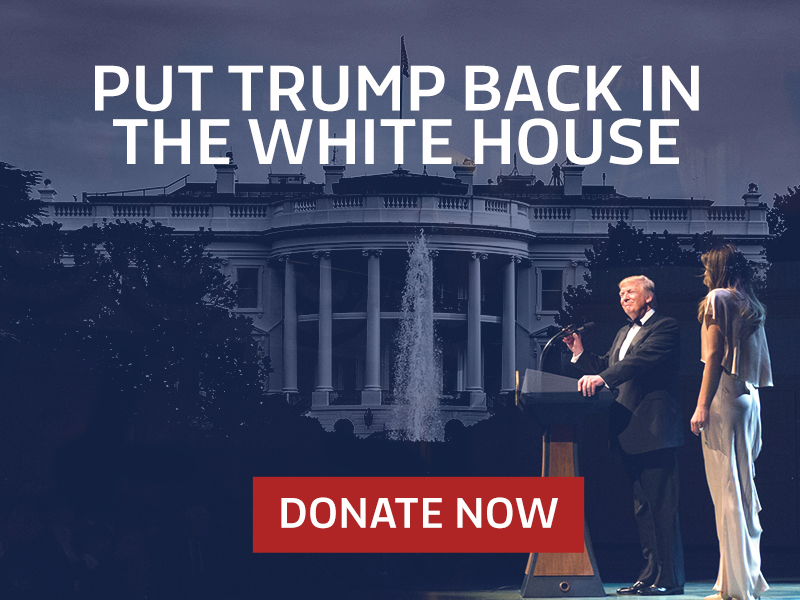When China joined the World Trade Organization, the global fraternity of cross-border commerce, it promised to open itself up to foreigners in lucrative businesses like banking, telecommunications and electronic-payment processing.More than 17 years later, China’s telecommunications industry remains firmly under government control. Only recently did China say it would allow foreign companies to own their own bank businesses here. And after nearly two decades of legal fights, China is still reviewing the applications of Visa and Mastercard to get into the country’s payment-processing market.
The broken promises hang over Robert Lighthizer, the United States trade representative, and Treasury Secretary Steven Mnuchin as they arrive in Beijing for two days of talks to end a trade war between the United States and China. They face a March 2 deadline, after which President Trump has threatened to increase by more than double the tariffs the administration imposed last autumn on $200 billion a year on Chinese imports.
A top priority for Mr. Lighthizer and Mr. Mnuchin, according to several people with detailed knowledge of the negotiations, is to ensure that any deal they strike has teeth if Beijing does not live up to its obligations.
American negotiators want to create a mechanism that would automatically raise tariffs on Chinese goods if its exports to the United States keep rising, said three of the people, who spoke on the condition of anonymity because the talks are not public.




